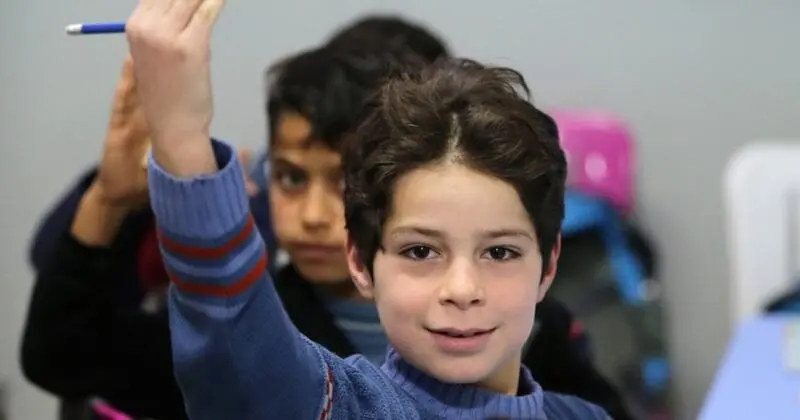In a world striving for equality and fairness, one inescapable truth persists: youngsters born into wealthy homes typically find themselves on a faster track to success than their less fortunate counterparts. A recent study attempted to untangle the intricate web of elements that contribute to this socioeconomic disparity, giving light to the dynamics that separate the pathways of the wealthy and the less fortunate.
Broad Study System
The extensive study, which spanned several years and several areas, digs into discrepancies in opportunity, the educators system, and social structures that play critical roles in defining individuals’ life trajectories.
While the findings do not attempt to reinforce stereotypes, they do highlight the existence of systemic benefits that come with economic development.
Access to Quality Education

One of the most important factors influencing the achievement of wealthy children is their access to excellent education. Affluent families can afford to live in places where schools are well-funded, to pay private tutors.
And to provide extracurricular activities that foster a varied set of abilities. This early education investment builds the foundations for a strong academic foundation that will pay returns in the long run.
Networking and Social Capital
The study emphasizes the relevance of social networks in advancing one’s career. Children from wealthy homes frequently surrounded by prominent people from a young age. By allowing them to form connections that can open doors later in life.
These networking opportunities, which range from family gatherings to exclusive events, can be critical in getting internships, employment chances. And mentorship that moves one’s career ahead.
Financial Stability
Rich students can typically afford to pursue higher education without the stress of student loans, can do unpaid internships to get useful experience and have a safety net that allows them to take risks in their employment. This financial buffer fosters an environment receptive to inquiry and invention, promoting an opportunity-seeking mindset.
Cultural Capital
The study dives into the concept of cultural capital, emphasizing the importance of exposure to art, and literature. Other types of cultural enrichment in molding an individual’s perspective.
Affluent families can afford travel, museum visits, and cultural events, giving their children a broader viewpoint. That can be beneficial in a globalized environment.
Conclusion
While the study does not dismiss the value of individual work and perseverance, it does shed light on societal structural inequities. The first step towards resolving these discrepancies is to recognize them. Initiatives aiming at closing the educational opportunity gap, and creating inclusion. Promoting equal access to resources can help to level the playing field. It is our collective responsibility to guarantee that success is earned rather than given as a result of one’s talents, efforts, and chances.
